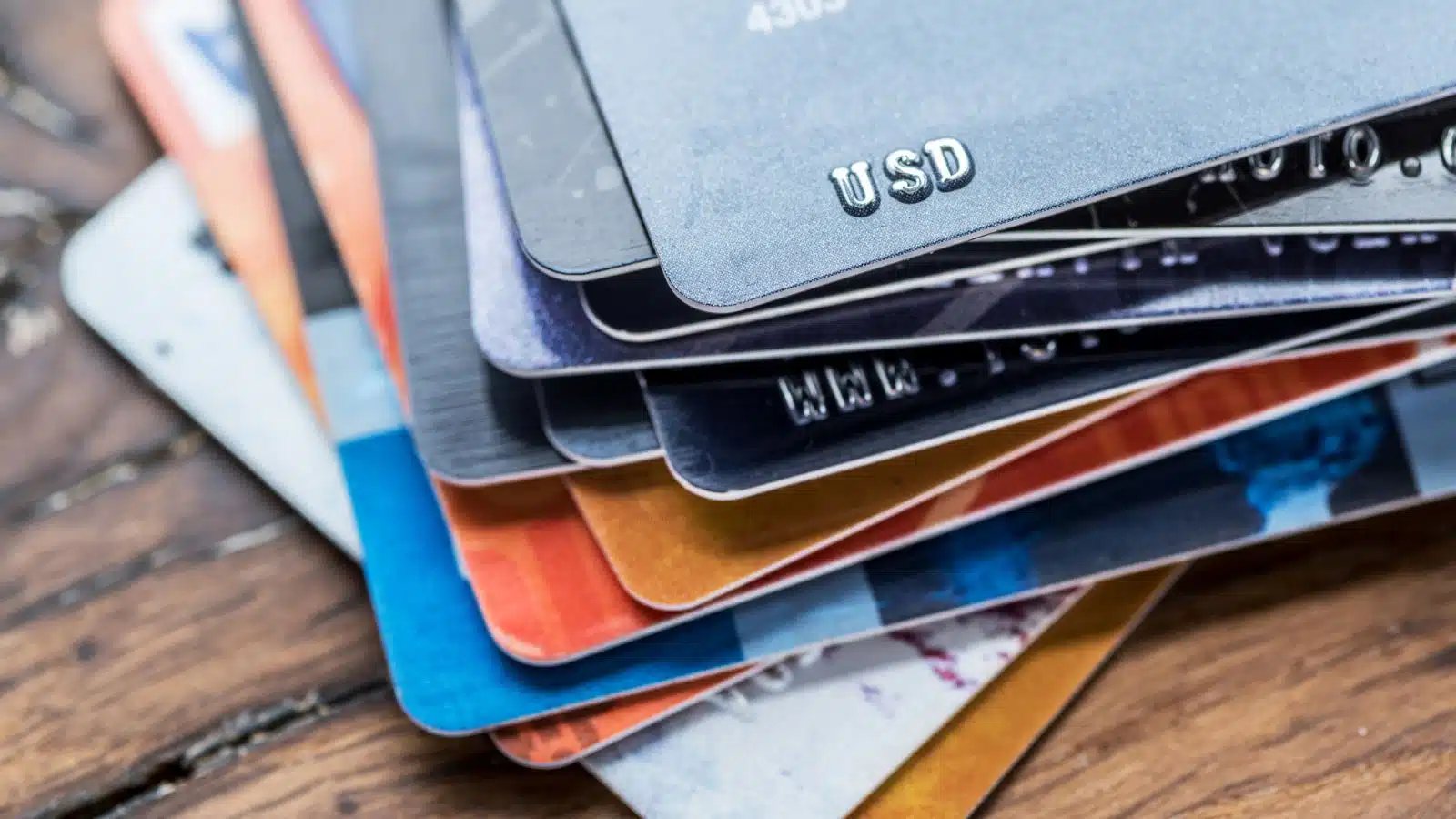Living life should be fun and enjoyable. However, there has to come a point when people need to pump the breaks when their bank account begins to dry up. People often waste money in surprisingly common ways that can significantly impact their financial health. By recognizing and curbing these habits, individuals can save significant amounts and improve their financial well-being.
1. Daily Coffee Shop Visits

Grabbing that morning coffee seems harmless. Yet, adding it up, this routine can drain your wallet. A homemade brew can save you a small fortune over time. It’s simple math. Less spending on coffee equals more money for you.
2. Subscriptions You Forget About

Streaming services, magazines, or gym memberships often go unused. If you’re not getting your money’s worth, it’s a drain on your finances. Periodic checks on your subscriptions can reveal which ones to cut, saving you money.
Follow Invested Wallet For More

If you’ve enjoyed reading our content and are passionate about learning wealth, manage your finances, and achieve financial freedom, we’d love for you to join our community! Click here to follow Invested Wallet for more.
3. Paying Full Price for Everything

Shoppers often miss out on savings by not seeking discounts or using coupons. There’s almost always a deal to be had. From groceries to clothing, a little research before buying can lead to significant savings.
4. Unplanned Purchases

Those unplanned purchases add up. Retail therapy feels good but hurts the budget. Setting a spending limit or waiting 24 hours before buying can help curb this habit. This way, you give yourself time to decide if it’s a need or a want.
5. Ignoring Routine Maintenance

Skipping regular check-ups for your car or home can lead to expensive repairs down the line. Regular maintenance might seem like an unnecessary expense, but it can prevent major financial hits in the future. It’s about being proactive, not reactive.
6. Eating Out Too Often

Dining at restaurants or ordering takeout frequently can seriously inflate your monthly expenses. Cooking at home is not only healthier but also kinder to your wallet. The cost difference is stark when you tally it up at the end of the month.
7. Late Fees on Bills

It’s easy to overlook due dates, but late fees can accumulate quickly. Automating your bill payments or setting reminders can save you from unnecessary charges. Plus, it’s good for your credit score.
8. Buying Brand-Name Products

Brand loyalty comes at a premium. Many generic brands offer the same quality at a fraction of the price. Swapping out a few brand-name items for generic ones in your shopping cart can lead to noticeable savings.
9. Keeping Money in a Low-Interest Account

Your savings deserve to grow. If they’re sitting in an account with low interest, you’re missing out on potential earnings. Exploring high-yield savings accounts or other investment options can make your money harder.
10. Overpaying on Utilities

Leaving lights on, taking long showers, or ignoring that drafty window can lead to higher utility bills. Small adjustments like using energy-efficient bulbs or fixing leaks can reduce your monthly outgoings. It’s about being mindful of your usage.
11. Using High-Interest Credit Cards

Relying on credit cards with high interest rates for purchases can make everything cost more in the long run. Looking for lower-rate options or paying off the balance quickly can minimize the extra charges. Interest adds up, don’t let it catch you off guard.
12. Not Using Cash-Back Apps and Websites

In the digital age, not taking advantage of cash-back opportunities is like leaving money on the table. Apps and websites that offer cash back for purchases you were going to make anyway can provide a steady stream of small returns. It’s an easy way to get money back.
13. Wasting Food

Throwing away uneaten food is like tossing money into the trash. Planning meals and buying only what you need can significantly reduce waste. Plus, leftovers can be tomorrow’s lunch. Being mindful of food purchases and use can reduce waste and save money.
14. Underutilizing Health Benefits

If your job offers health benefits like a flexible spending account (FSA) or a health savings account (HSA) and you’re not fully using them, you’re missing out. These accounts can save you a significant amount in medical expenses and taxes. Ensure you understand and use these benefits to their fullest.
15. Paying ATM Fees

Using an ATM outside your bank’s network can lead to fees that quickly add up. Planning your cash withdrawals or using debit cards at places that offer cash back without fees can avoid this unnecessary expense. Why give banks more of your money to access your cash?
Follow Invested Wallet For More

If you’ve enjoyed reading our content and are passionate about learning wealth, manage your finances, and achieve financial freedom, we’d love for you to join our community! Click here to follow Invested Wallet for more.
